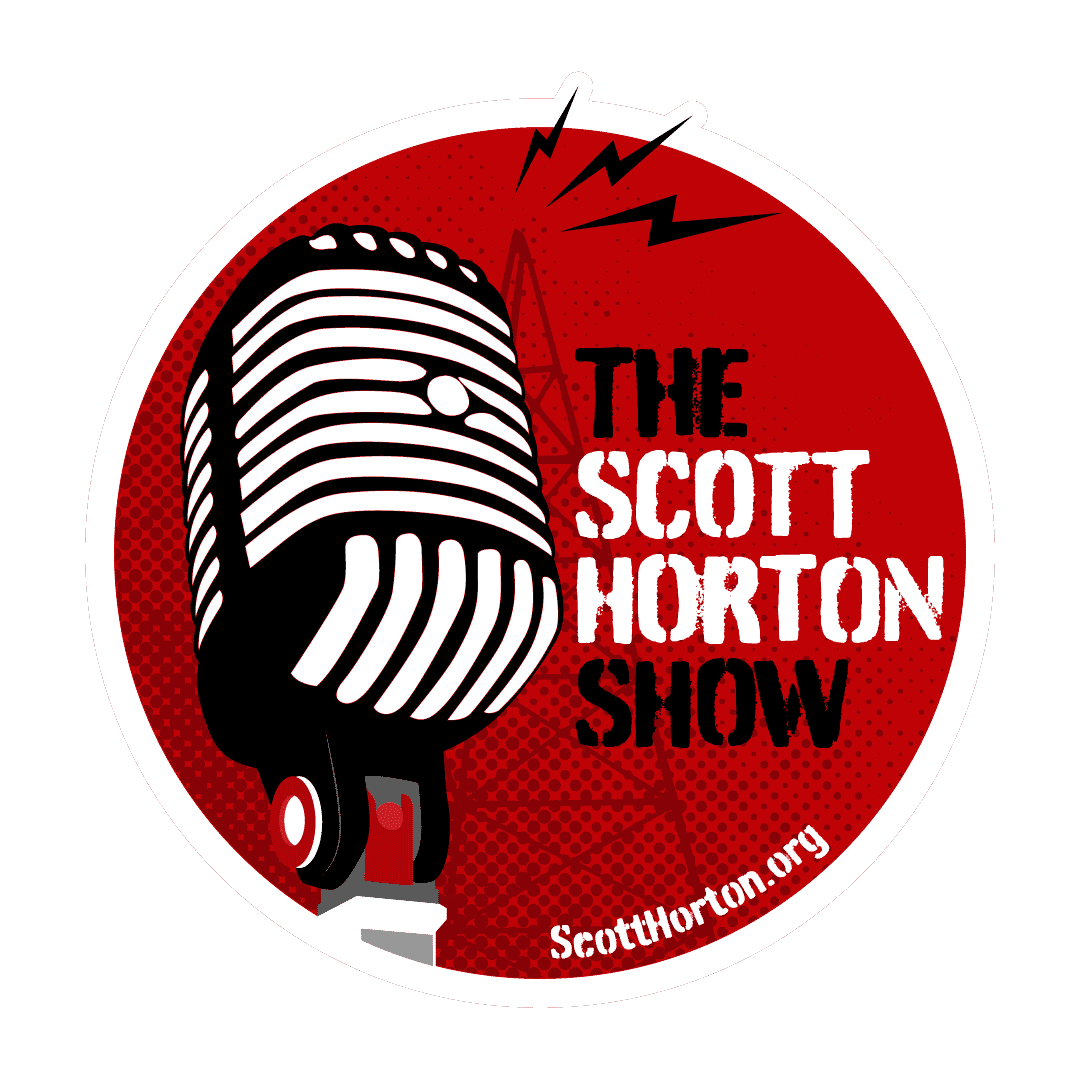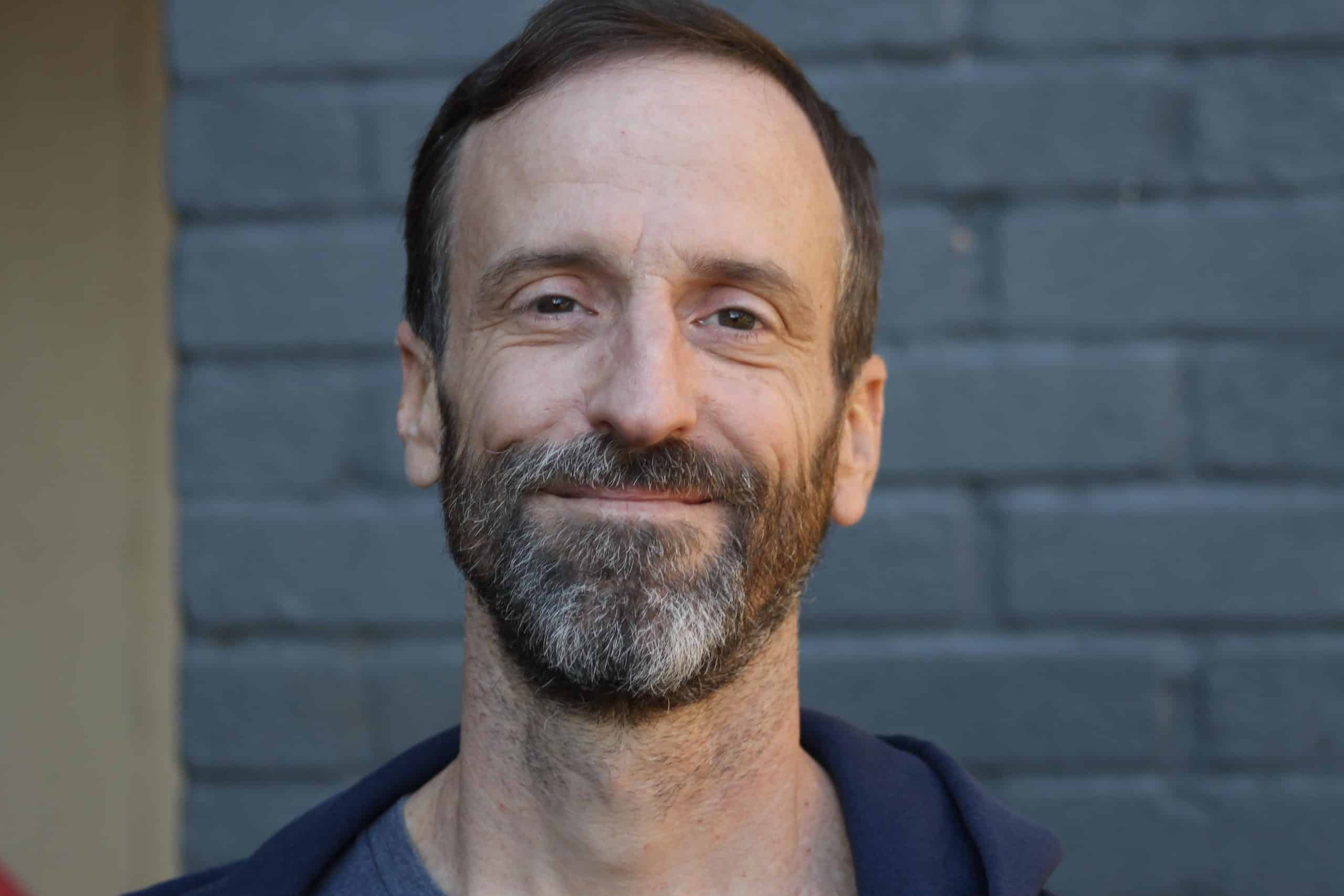Scott Paul discusses the ongoing humanitarian crisis in Yemen, especially in the formerly small town of Marib, where hundreds of thousands of displaced Yemenis who have fled there are now at risk of being caught up in another bloody battleground. Paul stresses that the greatest threats to civilian life during the war in Yemen have always been economic, rather than directly as a result of violent conflict. Before the war, Yemen was already a poor country that relied heavily on imports for basic necessities like food and medicine; thanks to the Saudi blockade, these goods have become increasingly difficult to obtain, with the result that hundreds of thousands of innocent lives have been lost to starvation and deprivation. President Biden’s recent moves to end support for offensive operations are a good start, but until the U.S. and the global community put pressure on Saudi Arabia to end the blockade, the suffering will continue.
Discussed on the show:
- “The Fight for Marib Threatens Millions of Lives in Yemen” (Just Security)
- “How Yemen’s civil war played a role in Africa’s great locust swarm” (The National)
- “The U.S. Is Culpable for Yemen’s Tragedy” (The Atlantic)
- The Education of an Idealist: A Memoir
- A Problem from Hell: America and the Age of Genocide
Scott Paul leads Oxfam America’s policy advocacy on a number of emergencies and cross-cutting humanitarian issues. He is a frequent media commentator with outlets including the New York Times, Washington Post, Foreign Policy, and Al Jazeera and has testified before Congress. Follow him on Twitter @ScottTPaul.
This episode of the Scott Horton Show is sponsored by: The War State, by Mike Swanson; Tom Woods’ Liberty Classroom; ExpandDesigns.com/Scott; Photo IQ; Green Mill Supercritical; Zippix Toothpicks; and Listen and Think Audio.
Shop Libertarian Institute merch or donate to the show through Patreon, PayPal or Bitcoin: 1DZBZNJrxUhQhEzgDh7k8JXHXRjYu5tZiG.
Podcast (thescotthortonshow): Play in new window | Download






























